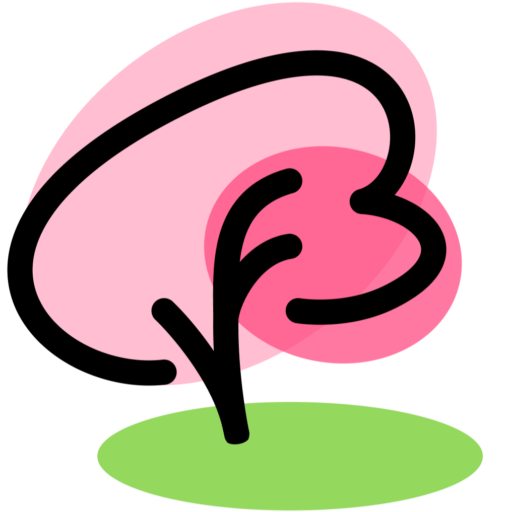2018 Haiku Invitational
Over 1,500 haiku were entered in this year’s VCBF Haiku Invitational and judging these poems has been an enriching experience. The range of styles and approaches utilized by poets in celebration of the cherry blossom has deepened our appreciation and admiration of these beautiful flowers. The winning poems are of an incredibly high standard, and each of them displays a refreshing approach to the subject. Often the poems revealed new depths and dimensions with each new reading. We are each profoundly grateful for the opportunity to have experienced the creative efforts of so many gifted haiku poets from around the world.
The following comments on each poem are by 2018 Haiku Invitational judges, Paul Chambers, Tanya McDonald, and Jacquie Pearce
Vancouver
Playing tag
under the cherry blossoms—
the streetlights come on
Vicky Rizzardo
Vancouver, British Columbia
This is a wonderfully experiential poem, one which is easy to relate to, and which has a deep feeling of nostalgia without feeling contrived. The last line provides a sudden sense of realization of the passage of time, which has gone unnoticed while in the immersion of playing tag. In an era when nature-deficit disorder is becoming more common, this poem celebrates the carefree joy of playing outside with friends.
British Columbia
in a dark cupboard
full of coats
cherry blossom petals
Cheryl Ashley
Nanaimo, British Columbia
This haiku demonstrates a skillful contrast—both visually and emotionally—between the dark cupboard and the light cherry blossoms. Perhaps it was a particularly hard winter, or a period of emotional darkness, but now, spring has arrived. There is an unexpected delight in discovering these petals among the coats, suggesting that the owners of said coats have been out walking among the cherry blossoms.
Canada
riding my bike
a new way home
cherry blossoms
kjmunro
Whitehorse, Yukon Territory
So often, we get stuck in our routines and fail to notice our surroundings, so there is a delightful sense of freshness and spontaneity in this poem. The cyclist has chosen to enjoy the beauty of the blossoms, and in that way, harmonize with nature, at least for the duration of the ride home. It’s easy to share the joy of this experience.
United States
yaezakura petals
a child learns to count
beyond 5
Christine L. Villa
North Highlands, California
A yaezakura is a type of double-blossomed cherry with more than the usual five petals. This haiku illustrates the sense of discovery that comes from both closely examining such an exquisite blossom, and in the delight of learning to count. Both the child and whoever is teaching the child are sharing the wonder of that moment with the blossom.
International
blossom by blossom—
the old cherry tree
gathers light
Eduard Tara
Iași, Romania
This is a beautiful, yet understated image that speaks to the time of day and the quality of light, when cherry blossoms seem to glow with a light of their own. It also contains a sense of wabi sabi, (beauty in something imperfect and transient), and a metaphorical sense of recognizing and celebrating inner beauty, such that an older person might have to offer. There is a quietly beautiful sense of time passing in this haiku that makes it understatedly powerful.
Youth
Early morning
the cherry blossom
opens my hand
Daniel Flaszynski, age 10
Christchurch, New Zealand
With this poem, the poet subtly captures the feeling of attuning oneself to nature. The poet is so immersed in the experience of the falling blossom that their hand seems to open to the blossom of its own accord. The language is so light and simple that it resonates with the experience itself. A beautifully crafted poem.
2018 Haiku Invitational Judge Bios:
 |
Jacquie Pearce is a Vancouver-based author of novels for children as well as poetry. Her haiku have won awards, including the 2018 League of Canadian Poets inaugural haiku contest and Best Vancouver Haiku in the 2015 Cherry Blossom Haiku Invitational. Her haiku have also appeared in a variety of publications, including the Haiku Canada Review, Frogpond, and The Red Moon Anthology. Jacquie recently shared and taught haiku as writer-in-residence at Joy Kogawa House and coedited The Jade Pond, an anthology of haiku written by the Vancouver Haiku Group. Visit her at http://jacquelinepearce.ca/ and www.wildink.wordpress.com. |



